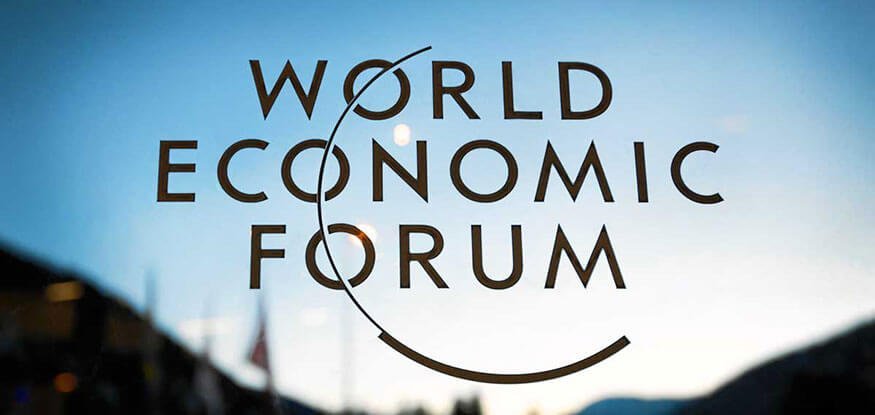The World Economic Forum launched six Industry 4.0 Councils on Wednesday to aid policymakers and enterprises in leveraging emerging technologies whilst anticipating the social risks that could result from them.
The councils cover some important areas in technology such as artificial intelligence, blockchain, autonomous vehicles, internet of things and precision medicine. Combined, the global councils bring together around 200 leaders from private and public sectors as well as academia and civil society from all over the world.
They are expected to cooperate with each other in order to develop policies efficiently and identify “governance gaps” in emerging technology. The council met on Wednesday at the Forum’s Centre for the Fourth Industrial Revolution.
Richard Samans, Managing Director and Head of Policy & Industrial Impact at World Economic Forum stated, “Companies and government are not moving fast enough to anticipate social expectations in the Fourth Industrial revolution. We believe that this bottom-up, societally-focused approach can help to build and maintain public trust in technologies while strengthening the evidence base on which policy decisions are made by governments and companies.”
He added, “This is the first place where this kind of high-level, strategic dialogue on governance of these technologies will take place across stakeholders and regions on an ongoing basis.”
The Global Fourth Industrial Revolution Councils aim to provide strategic guidance on governance projects and pilots the Centre undertakes, establish a common understanding of policy practice to enable better coordination within and amongst countries, identify and fix gaps in public policy, and enable cross-country exchange of their policy and regulatory experience (e.g. through case studies).
The councils are organized by the World Economic Forum Center for the Fourth Industrial Revolution Network which is based in San Francisco, California. The Network expanded last year to countries such as India, China and Japan and has affiliate centre in Colombia and the UAE.
The council members will inform the agenda for the Global Technology Governance Summit which is to take place in April 2020. The event is dedicated to discussing and shaping the governance of emerging technologies as it plans to bring together government ministers, civil society leader, CEOs, start-ups and international organizations from all over the world. This will allow for different bodies and stakeholders to collaborate with one another to achieve greater governance and address the current gaps.
The councils are:
- The Global Artificial Intelligence Council
- Global Autonomous & Urban Mobility Council
- Global Blockchain Council
- Global Drones & Aerial Mobility Council
- Global Internet of Things Council
- Global Precision Medicine Council
All of the above include executive members from the world’s most influential firms that deal with technology such as the European Commission, Uber Technologies, World Bank, the World Wide Web Foundation and Microsoft.

